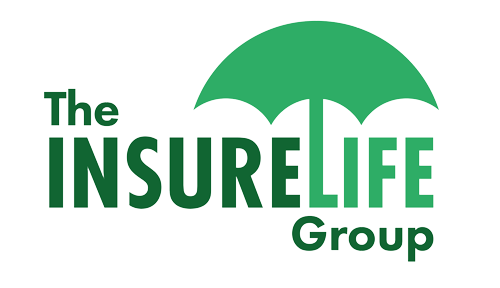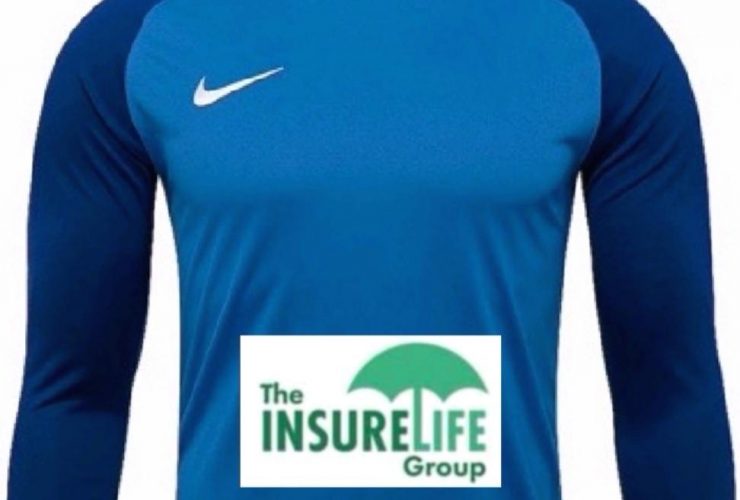At the InsureLife Group, we never assume our customers know what each protection product is, and what it offers.
Why should you?
For example, you may be a young man in your 20’s who has recently settled done with your partner, had your first child, and have never considered or researched life insurance before.
What is it?
What does it cover?
How does it work?
How much will it cost?
….are all perfectly reasonable questions to ask if you are new to it all.
So the first of our (hopefully) helpful series of articles is about Life Insurance.
Let’s start with the basics.
What is life insurance?
Life insurance can pay your dependents money as a lump sum or as regular payments if you die. It’s designed to provide you with the reassurance that your dependents will be looked after if you’re no longer there to provide.
The amount of money paid out depends on the level of cover you buy.
You also decide how it is paid out and whether it will cover specific payments, such as mortgage or rent or whether it is a predetermined lump sum.
There are two main types of life insurance:
Term life insurance policies: run for a fixed period of time (known as the ‘term’ of your policy) – such as 5, 10 or 25 years.
These kinds of policies only pay out if you die during the policy. There’s no lump sum payable at the end of the policy term.
A whole-of-life policy: will pay out no matter when you die, as long as you keep up with your premium payments.
So, what isn’t covered?
Life insurance usually only covers death – if you can’t provide for your family because of illness or disability, you won’t be covered. That type of cover is usually critical illness or income protection.
Some life insurance policies provide a terminal benefit, although these are not automatically granted. A terminal benefit will pay out on diagnosis of a terminal illness. Check the terms and conditions of your policy to see if you’re covered.
Most policies have some exclusions (things they don’t cover). For example, they might not pay out if you die due to drug or alcohol abuse, and you normally have to pay extra to be covered when you take part in risky sports. You should declare all of these during the application process.
If you have a serious health problem when you take out the policy, your insurance might exclude any cause of death related to that illness.
Do you need life insurance?
If you have: dependants, e.g. school age children, a partner who relies on your income, or a family living in a house with a mortgage that you pay – a life insurance policy can provide for them if you die. Relying on state payments is risky as it might not cover living expenses that they are used to, nor there is no guarantee these state payments will exist in the current form for ever.
So, if you want to provide for your family financially if you die, think about getting life insurance.
Who might not need Life Insurance?
You may not need life insurance if you’re single or your partner earns enough for your family to live on or indeed if you’re on a low income and could be eligible for state benefits.
If you’re not sure, we can run through the numbers with you so you can make an informed decision.
How much does life insurance cost?
Life insurance can be very good value.
Often just a few pence a day is all you need to provide your loved ones with plenty of financial protection (depending on your age and health status). But monthly payments (also known as premiums) do vary, so we can help you shop around.
The price you pay for a life insurance policy depends on a number of things.
These include (but are not limited to)
– your age
– your health
– your lifestyle
– whether you smoke
– the length of the policy
– the amount of money you want to cover
For example, the younger you are and the less likely you’re to die from a medical condition, the cheaper your policy is likely to be.
We hope you have found this top level blog helpful and please do contact us if you’d like more information.




